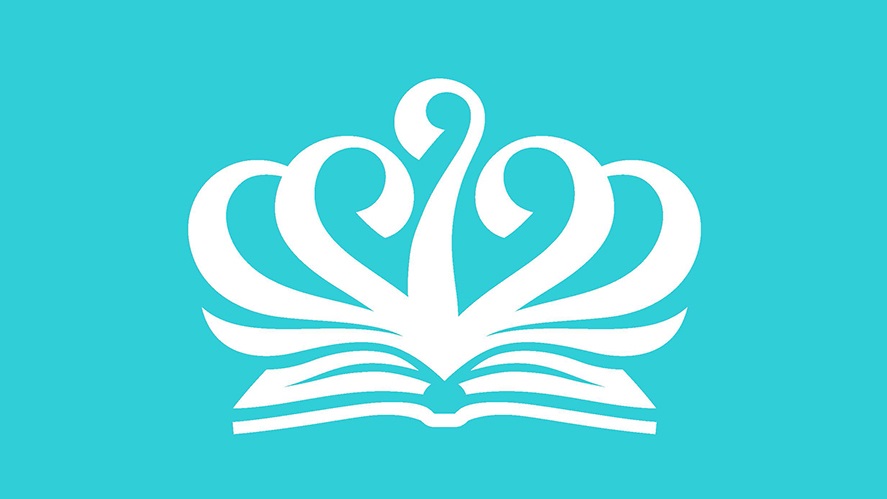- Discover more
- Parent Essentials
- Calendar
- Careers
- News
- Contact us
- Apply now
- Discover more
- Parent Essentials
- Calendar
- Careers
- News
- Contact us
- Apply now

Now dentistry is not something new. The practice of dentistry dates back to 7,000 BC and some sites in Pakistan indicate that this earliest form of dentistry involved curing tooth disorders with drills operated by hand. More fun? Probably not.
Those “holes” in your teeth are called “caries” and have been around as long as human beings, and in 5000 BC it was thought that “tooth worms” were the cause of dental caries (so it wasn’t really chocolate ice creams). The tooth worm idea was also believed in ancient India, Egypt, Japan, and China.
You will have read of the ancient Greek scholars Hippocrates and Aristotle and they wrote about dentistry almost 2,500 years ago, including treating decayed teeth (kill the worm first, I suppose) and gum disease, extracting teeth with forceps, and using wires to stabilize loose teeth and fractured jaws. And that is before we invented anesthesia (pain killers)!
Anesthesia revolutionized dentistry, and has been used in different forms for hundreds of years.
In 1298, Theodoric of Lucca, an Italian physician used sponges soaked with opium and mandragora for surgical pain relief.
In 1525 Ether is first used on animals by Paracelsus, and later on humans.
In 1774 Joseph Priestley isolated nitrous oxide (“laughing gas”). This was later used extensively in dentistry.
In 1842 Physician William E. Clarke administered ether from a towel to a Miss Hobbie prior to the removal of a tooth by dentist Elijah Pope.
But you can avoid all this by looking after your teeth, brush twice a day, floss after meals and watch the chocolates.
Dr Iain Corness L.R.C.P. (LOND), M.R.C.S. (ENG), M.A.C.O.M.
Consultant, Bangkok Hospital Pattaya
We use cookies to improve your online experiences. To learn more and choose your cookies options, please refer to our cookie policy.